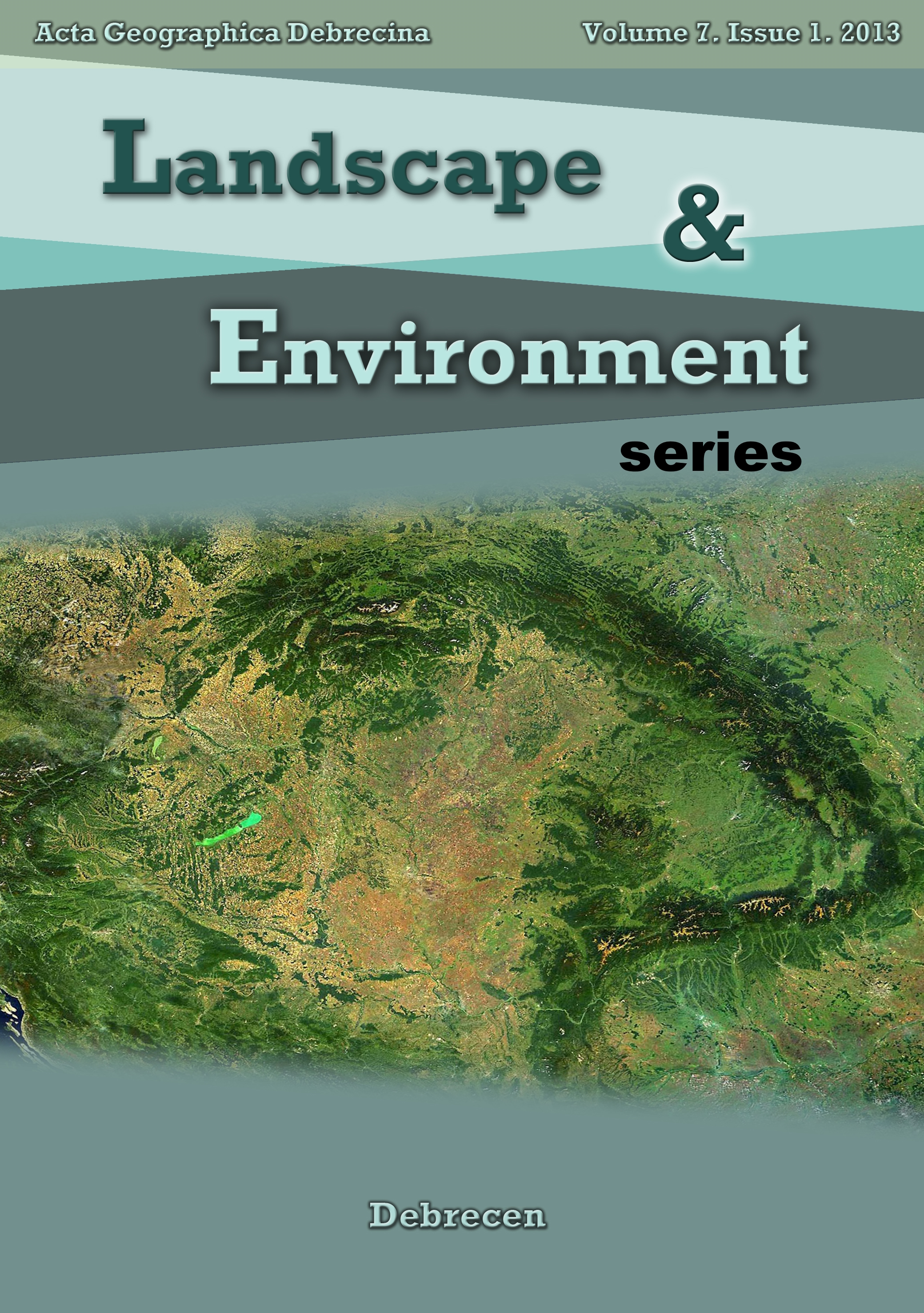Wind damage on trees following hurricane Sandy and implications for city landscaping: Glen Ridge - Montclair towns, New Jersey
Author
View
Keywords
How To Cite
Abstract
Glen Ridge is a small municipality in the Northern New Jersey with a significant number of huge trees lining majority of its streets. The trees have been subject to a wide range of natural and artificial stresses, one being the strong wind associated with superstorm Sandy. On 29th October 2012, a windstorm of extreme intensity struck the Tristate region and brought havoc to the tree population including those in Glen Ridge. A survey was conducted immediately after the storm to collect quantitative information on fallen tree population. The study aimed at understanding the spatial extent of wind damage on trees with reference to location, trunk diameter and soil characteristics. A total of 51 fallen trees with a mean trunk diameter of 100.4 centimetres along streets in study area were surveyed. High damage was noted on trees in Glen Ridge (29 trees) while streets transitioning to Montclair had 22 fallen trees. Majority of the surveyed trees were found on USBOO soils (49%), which are characterised as disturbed urban soils with Boonton substratum-Boonton complexes. BowrB soils had 27.5%, Boob 13.7%, BowrC 7.8% and USDUNB 2.0% of fallen trees. A need for city wide tree inventorying and species mapping is identified as a management implication to further enhance the historical value of the city. Other measures are discussed with a view of engaging appropriate local management partnerships and coordination frameworks to play a role in protecting the remaining large trees.
